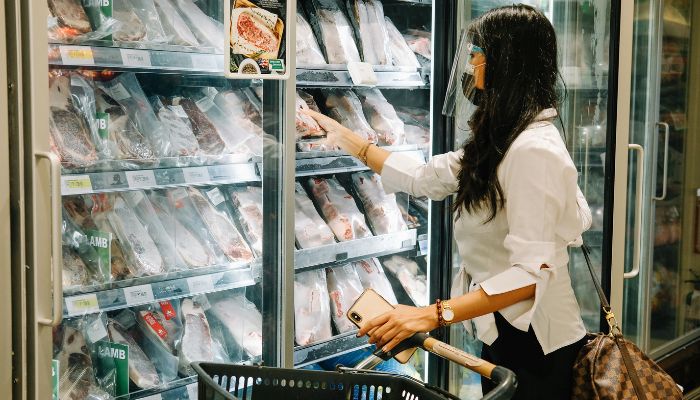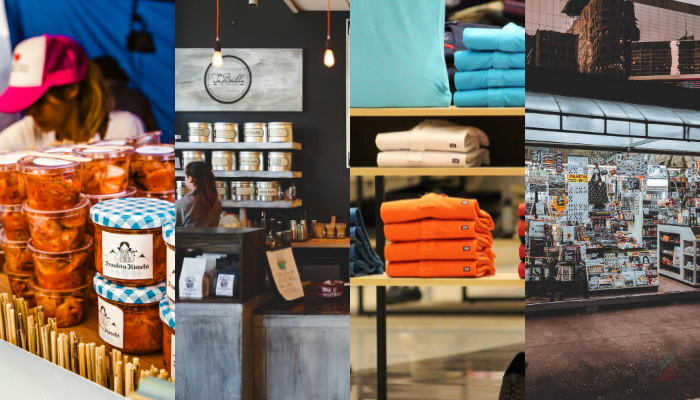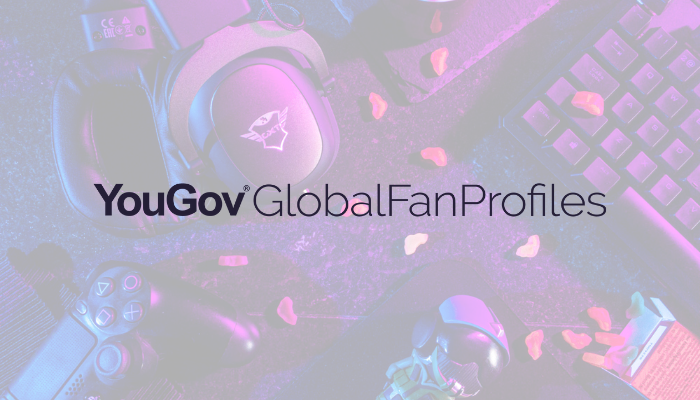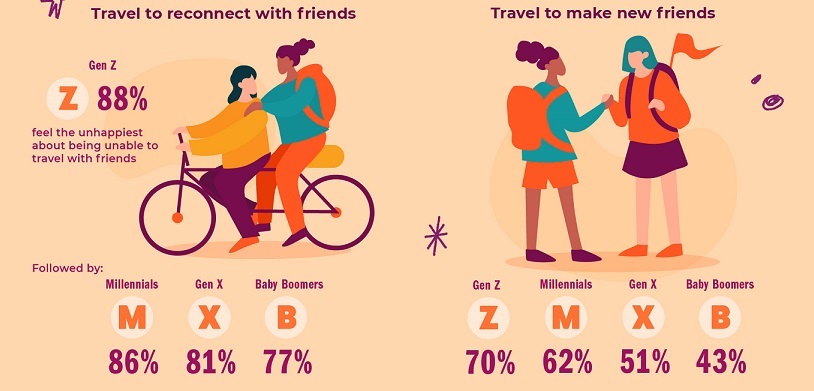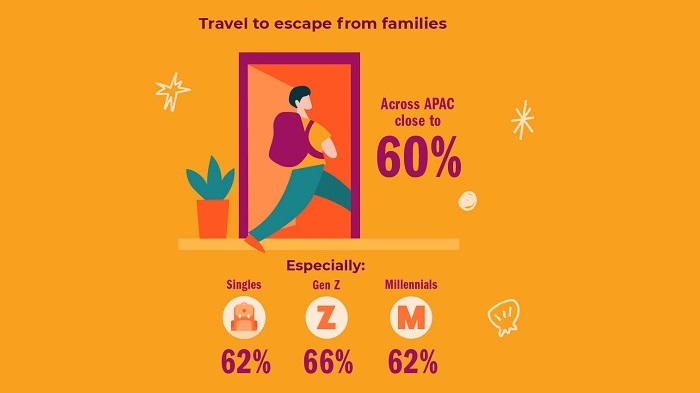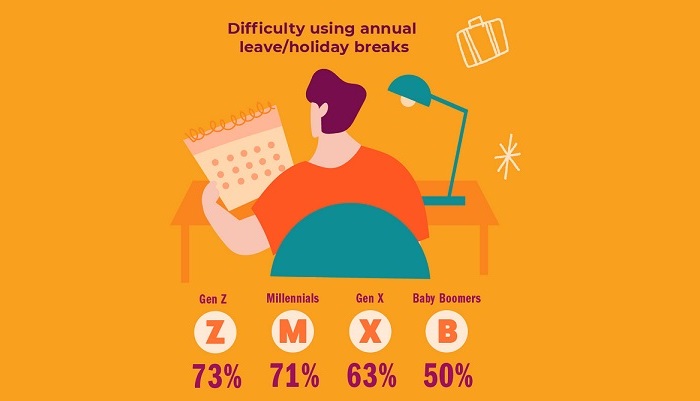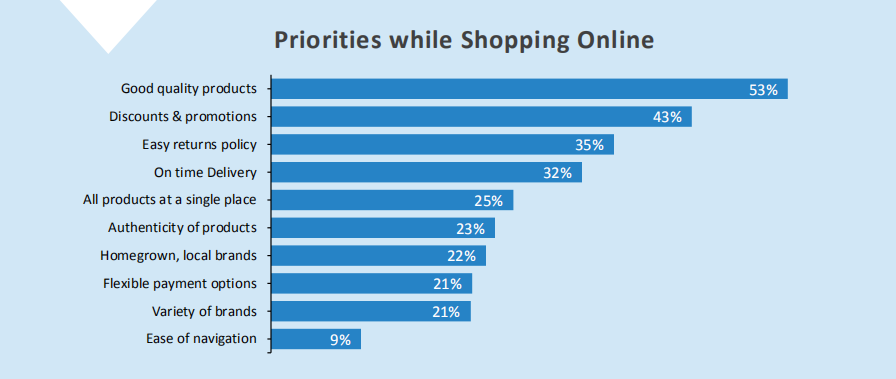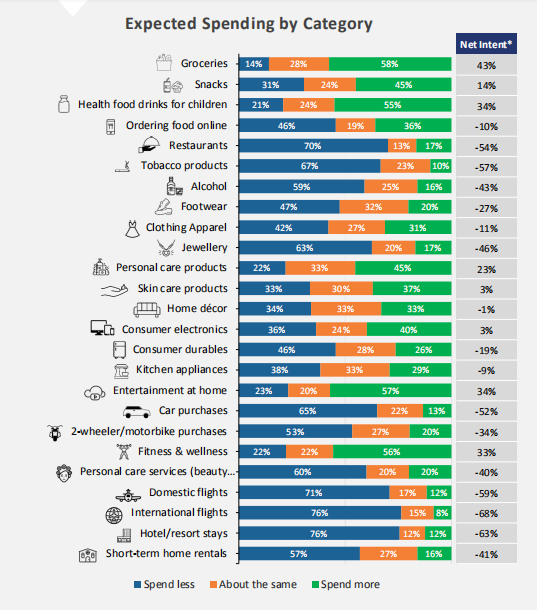Singapore – A new report conducted by market research company YouGov and public relations professional body Public Relations and Communications Association (PRCA) reveals the current mental health state among the region’s public relation practitioners, including that 48% of respondents say they are going through a particularly stressful period in their life right now, with more than a third saying the pandemic has worsened their mental health.
According to the report, the main triggers of mental ill health faced by respondents are high workload (cited by 34% of respondents); long hours (33%); lack of reward or recognition for good work (29%); and not enough career growth (29%).
Furthermore, the report notes that due to these mental health issues, many respondents have said that they never or rarely exercise (32%), eat a healthy diet (24%) or get enough quality sleep (23%).
There has been a focus on mental health among women PR practitioners, with 39% of them having experienced a loss of interest in activities or social interactions in the last 12 months (versus 27% of men); and 37% have experienced significant changes in sleep schedule or appetite (versus 28% of men).
“The PR profession has been, as ever, resourceful and resilient in the face of the huge professional and personal challenges posed by the COVID-19 pandemic. But that resourcefulness and resilience has its limits,” said Tara Munis, head of PRCA Asia Pacific.
In terms of mental health support from their employers, the report has found that 32% of the region’s employers have not communicated with staff around mental health during the last year – a number rising to 49% in Singapore and 48% in Hong Kong but dropping to 8% in Vietnam and 20% in Thailand.
In addition, 48% of employers do not provide mental health resources to staff. Again, this figure varies significantly, and is more than 50% in Singapore (69%), Hong Kong, Malaysia (both 59%) and Indonesia (52%).
Francis Ingham, director general at PRCA, commented, “Across the world, PR and communications leaders are increasingly recognizing the importance of positive mental health in their organisations, their clients, their teams, and themselves.”
Despite the mental health issue prevalent across the region’s PR practitioners, 39% of respondents say that the COVID-19 pandemic has improved their mental health than say it has worsened it (35%). In addition, 88% of respondents say they would be comfortable talking to a co-worker about their mental health problem.
Outgoing PRCA SEA Chair Lee Nugent said that as employers, they can and must make changes in regards to mental health support, noting that providing information, support and resources is just one part. He also added that they need also to ensure that they are creating a workplace culture where it’s fine for someone who needs help to say so, and then provide access to mental healthcare in the way that many of us already provide access to physical healthcare.
“The research suggests that around 29% of organizations currently offer their people access to initiatives such as EAP programs that provide professional, expert help to those who need it. I’d like to see this figure climb rapidly in the coming months. Just as importantly, it’s our responsibility to also address those critical issues that, perhaps, sit at the heart of the problem. We owe it to our people to put actions in place to deal with endemic over-working, for example, and to address poor people management both where it exists inside our own organizations and in the client/agency dynamic,” Nugent added.

